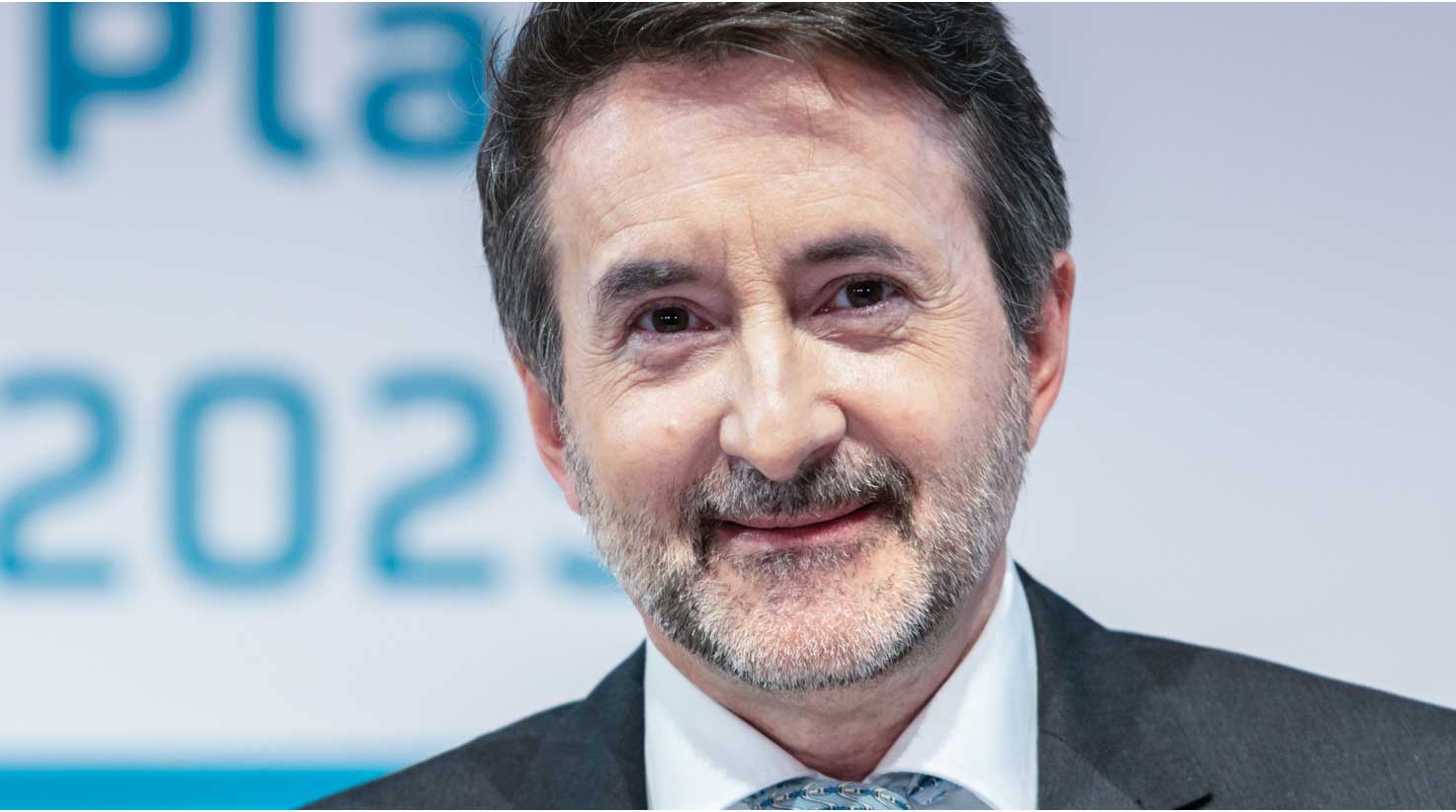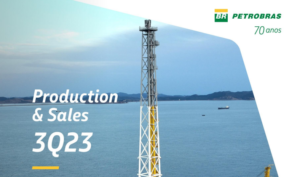
(Energy Analytics Institute, 26.Oct.2023) — Repsol SA CEO Josu Jon Imaz updated the analyst community on the Spanish company’s situation in Venezuela during a recent conference call.
“In Venezuela, we welcome the latest developments with regard to the easing of the U.S. sanctions affecting the oil sector. This is, let me say, good news for us for Repsol, as it will translate into future development opportunities, increase the, the availability of heavy crude oil for our refineries, and also is improving the effectivity of that collection,” Jon Imaz said 26 Oct. 2023 during his opening remarks during a conference call with analysts.
“We reiterated again our commitment to Venezuela, and we reiterated that we are going to, to work looking for any progress as an opportunity to create value in the country,” Jon Imaz said.
In terms of an easing of sanctions in Venezuela, the executive responded as well to analyst questions during the question and answers portion of the call about receivables and the company’s future profitable growth opportunities:
Jon Imaz continued:
“So, going to Venezuela, you know that we have maintained in difficult times our position in the country. So we are a good operator in Venezuela. We are producing in a good way and with possibilities of increasing our production, gas that could be — of course, could go on fulfilling the needs of the country, could be in the close future, even be exported on top of that we have oil production, I mean, the total the gross production of Petroquiriquire and Petrocarabobo where we are — could be at around 22,000 barrels, 23,000 barrels a day last year.
And now, we are entering in a time of opportunity. Let me say that this time started for Repsol last May in 2022 when we were allowed by the American administration to start lifting again oil cargoes to pay the gas bills. An example of that is that this quarter we have received 3 million barrels of oil from Venezuela in our refineries. So that’s approved that that is happening.
But now, we have — I think that always under the principle of financial privacy and so on, but we have the opportunity to create value there, to improve our operation, to start reversing the oil production in our assets, improving the operations I mean, — and trying to operate them in a better way.
We have also room to increase the speed of the debt payment from the past and in general terms from a commitment with the country, a commitment with the operations there, and respecting always, of course, the legal framework. I think that we have an opportunity to create value for Repsol in the country.”
On a question regarding additional investments in Venezuela, Jon Imaz said the following:
“We are talking to PDVSA, that is our partner in the old assets and is our client in our gas facilities. I mean, we are working in the direction to have satisfactory agreements for both parts. And it seems to me that if we are able to do that, I’m probably will be, because I think that there is a value creation framework for both parts. We could go on working in some directions that in up current financial way, we could in some way create value there. Of course, to try to debottleneck the gas production facilities in the country could be a way.
And on top of that, it seems to me that with a prudent CapEx exposure there is room to start reversing the oil production in the country. We are working in this direction. Let me say that we need now some strong technical work to develop the best options to start doing that and it’s going to be key. This kind of framework we have to — we are working in with our partner and our client, that is PDVSA. I prefer to be prudent about feature production curves and so on, because it seems to me, you know, the quality of the asset is very good. I mean, Venezuela has a strong and positive quality of assets and it seems to me that we could have positive surprises. But I prefer to be prudent in terms of anticipating new productions and so on.”
With regards to refining questions and Venezuela, Jon Imaz said:
“I mean, Venezuela first of all, as I mentioned before, we have a total premium in our refining system that could be at around $2 a barrel over the whole year, this year. I mentioned that more or less a 40% could come from the optimization of BIOS and so on. A 30% could come from operational improvements, in some cases losses. Another 30% could come from the optimization of the slate of crude oil. Let me say that the Venezuela’s crude oil is one of the heavy oils that is contributing to this optimization, that could be behind the 30% of this, of this margin improvement only Venezuela. I mean, it’s also any kind of optimization that we try today, day after day, is also behind this premium.”
____________________
By Piero Stewart. © Energy Analytics Institute (EAI). All Rights Reserved.

